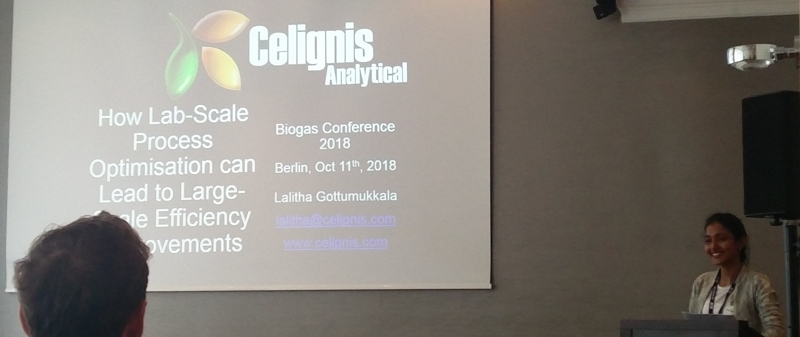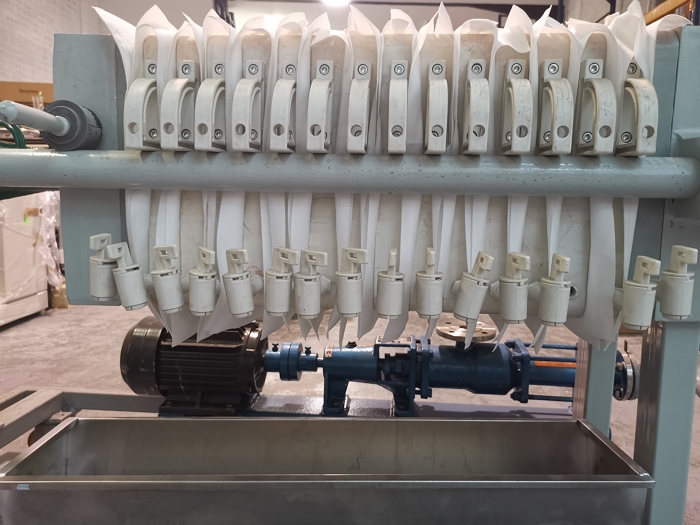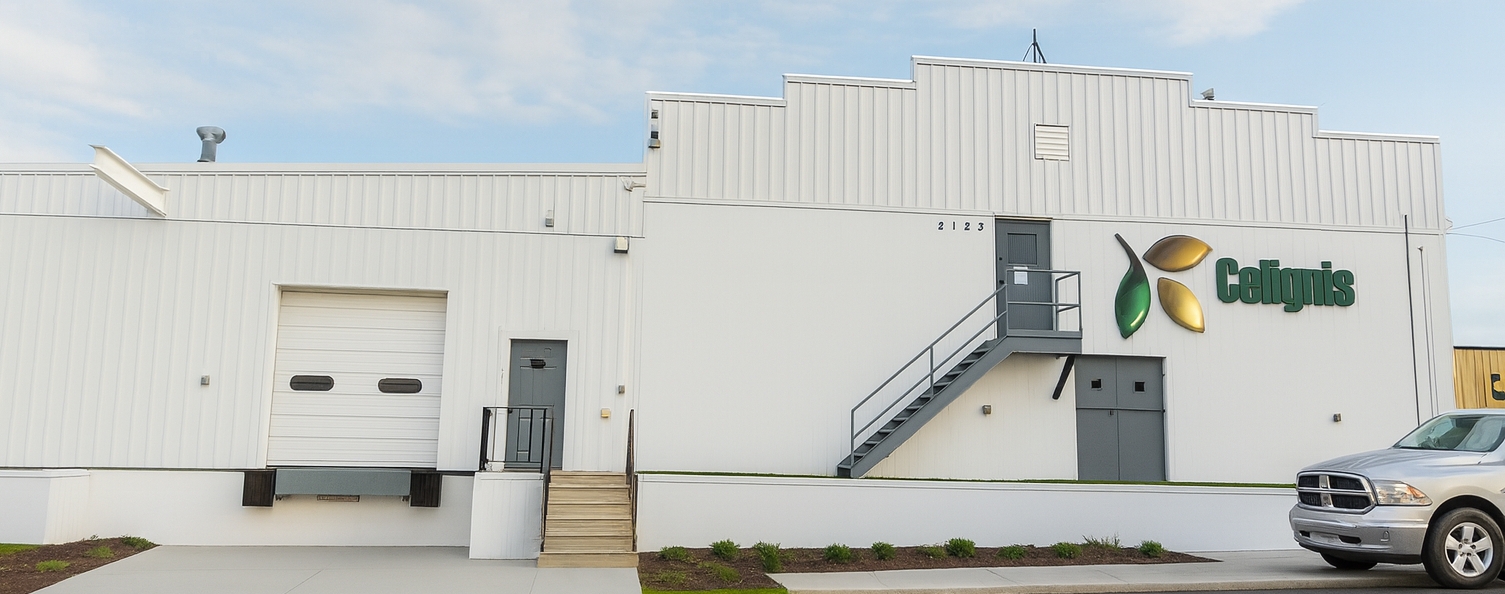Use of a Filter-Press for Downstream Stages in Bioprocesses
Downstream Processing
Downstream-processing in bioprocesses concerns the ways in which output streams (e.g. solid, liquid, slurry etc.) are handled and the means for the recovery and purification of the targeted products. It is a crucial step in bioprocess development that is often overlooked, especially in early stages of research and development, where much of the focus tends to be on optimizing the bioconversion process itself. This is a critical oversight given that downstream processing can account for a large portion (sometimes up to 80%) of the total production costs, particularly in processes dealing with dilute concentrations of the target product or complex mixtures.Importance in Bioprocesses
Giving due focus to downstream processing in bioprocess development can not only lead to better product recovery and quality but also to significant cost savings and improved sustainability. This is especially important in processes concerning the valorisation of lignocellulosic feedstocks, where the complexity of the feedstock and the need for high-purity end products can make the downstream process a significant factor in the overall economic viability of the process.Click below to read more about bioprocess development for downstream processing activities.
Get more info...Downstream Processing
Background
A filter press is a versatile and robust tool that is employed in many solid-liquid separation processes, an essential part of the downstream stages of bioprocesses. It involves forcing a liquid feed mixture through a series of filter plates under pressure, resulting in the separation of solid particles from the liquid phase.Filter presses have found widespread use in industries such as wastewater treatment, chemical processing, and pharmaceutical manufacturing. In the bioprocessing realm, filter presses can be used to separate residual biomass or precipitates from the liquid broth after fermentation or bioconversion.
Important Factors for a Filter Press
- Filter Media Selection - The type of filter media used is crucial. It should be selected based on the characteristics of the feedstock and the desired outcome of the filtration process. The media should have suitable pore sizes to efficiently separate the solid and liquid phases and should be resistant to the chemical and physical conditions of the process.
- Operating Parameters - Parameters such as pressure, feed rate, and cycle time need to be optimised to maximize throughput and separation efficiency. These parameters can significantly impact the performance and longevity of the filter press.
- Process Integration - The filter press needs to be effectively integrated with upstream and downstream processes. This could involve managing the timing of batch operations, dealing with variations in feedstock, or conditioning the feed to improve filter press performance.
- Maintenance and Cleaning - Effective cleaning protocols and regular maintenance are critical to maintain the performance and lifespan of the filter press. This might involve manual cleaning, backflushing, or chemical cleaning, depending on the nature of the feedstock and the type of filter media.
- Design and Configuration - The design of the filter press should align with the requirements of the bioprocess. This could involve choosing between different configurations of the filter plates, different types of filter media, and different operating modes (batch vs. continuous).
- Scalability - The filter press should be scalable, meaning the process parameters established at a lab or pilot scale should translate effectively to larger-scale operations.
- Costs - Both the CAPEX and OPEX costs of the filter press should be considered. This includes the cost of the filter press itself, the cost of energy and maintenance, and the potential cost of downtime for cleaning and maintenance.
- Regulatory Considerations: - If the bioprocess is intended for food, pharmaceutical, or medical applications, the filter press and its operation should comply with regulatory standards. This includes ensuring product purity, avoiding cross-contamination, and providing validation of the process.
Advantages of Filter-Press
- High Efficiency - Filter presses can achieve a high degree of solid-liquid separation, ensuring a clear filtrate and dry solids. This efficiency is crucial for recovering high-value products or for effective waste stream management.
- Scalability - Filter presses can be easily scaled up from laboratory to industrial operations, making them versatile across different production volumes. This ease of scalability can significantly reduce the time and costs associated with process development and scale-up.
- Robustness - Filter presses are mechanically robust and can handle a wide range of operating conditions and feedstock characteristics. They are known for their longevity and ability to withstand demanding operating conditions, which makes them a suitable choice for industrial applications.
- Large Volume Handling - Filter presses can handle large volumes of slurry, which aligns well with the requirements of industrial-scale operations. This can lead to increased productivity and more efficient use of equipment.
- Customizability - Filter presses can be customized according to the specific requirements of a bioprocess. The selection of filter media, the configuration of the filter plates, and the operating parameters can all be tailored based on the characteristics of the feedstock and the desired outcome.
- Dry Solids Production - Filter presses produce relatively dry solids, which could be advantageous when the separated solid is the desired product, or when it needs to be further processed, transported, or disposed of.
Disadvantages of Filter-Press
- High Initial Investment - Filter presses, especially those used for industrial-scale operations, can be expensive to purchase and install. Additionally, the costs associated with maintaining and replacing the filter media can be significant.
- Labor Intensity - Operating a filter press can be labor-intensive, particularly when it comes to maintenance and cleaning. These tasks often require the system to be stopped, which could lead to downtime in the overall bioprocess.
- Potential for Clogging - Over time, the filter media may become clogged with solid particles, especially if the feedstock contains a high proportion of fine or sticky particles. This can lead to a decrease in filtration rate and efficiency, and in severe cases, can result in the need for an entire shutdown and cleaning.
- Variable Performance - The performance of a filter press can vary depending on the nature of the feedstock and the formation of the filter cake. Uneven cake formation can lead to inefficient operation and increased wear on the filter media.
- Batch Process - Filter presses typically operate in a batch mode, which can be less efficient than continuous processes, particularly for large-scale operations.
- Energy Consumption - Depending on the pressure requirements of the filtration process, filter presses can consume significant amounts of energy, which can contribute to higher operating costs.
We have different items of filter-press equipment that allow us to handle downstream processing activities up to TRL6. Some of the relevant equipment that we have are detailed below.

Lalitha Gottumukkala
Founder of Celignis Bioprocess, CIO of Celignis
PhD
<p style="text-align: left;">Has a deep understanding of all biological and chemical aspects of bioproceses. Has developed Celignis into a renowned provider of bioprocess development services to a global network of clients.</p>
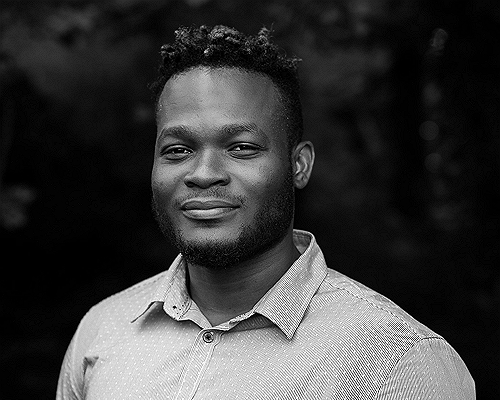
Oscar Bedzo
Bioprocess Project Manager & Technoeconomic Analysis Lead
PhD
<p style="text-align: left;">A dynamic, purpose-driven chemical engineer with expertise in bioprocess development, process design, simulation and techno-economic analysis over several years in the bioeconomy sector.</p>
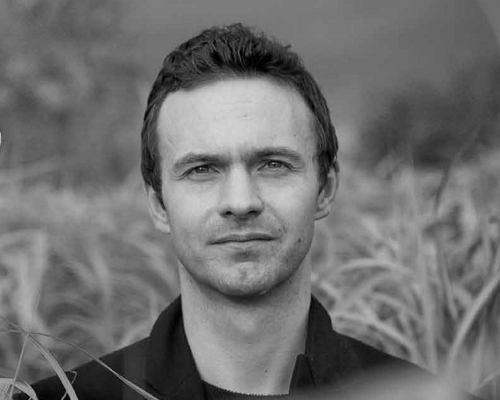
Dan Hayes
Celignis CEO And Founder
PhD (Analytical Chemistry)
<p style="text-align: left;">Dreamer and achiever. Took Celignis from a concept in a research project to being the bioeconomy's premier provider of analytical and bioprocessing expertise.</p>


